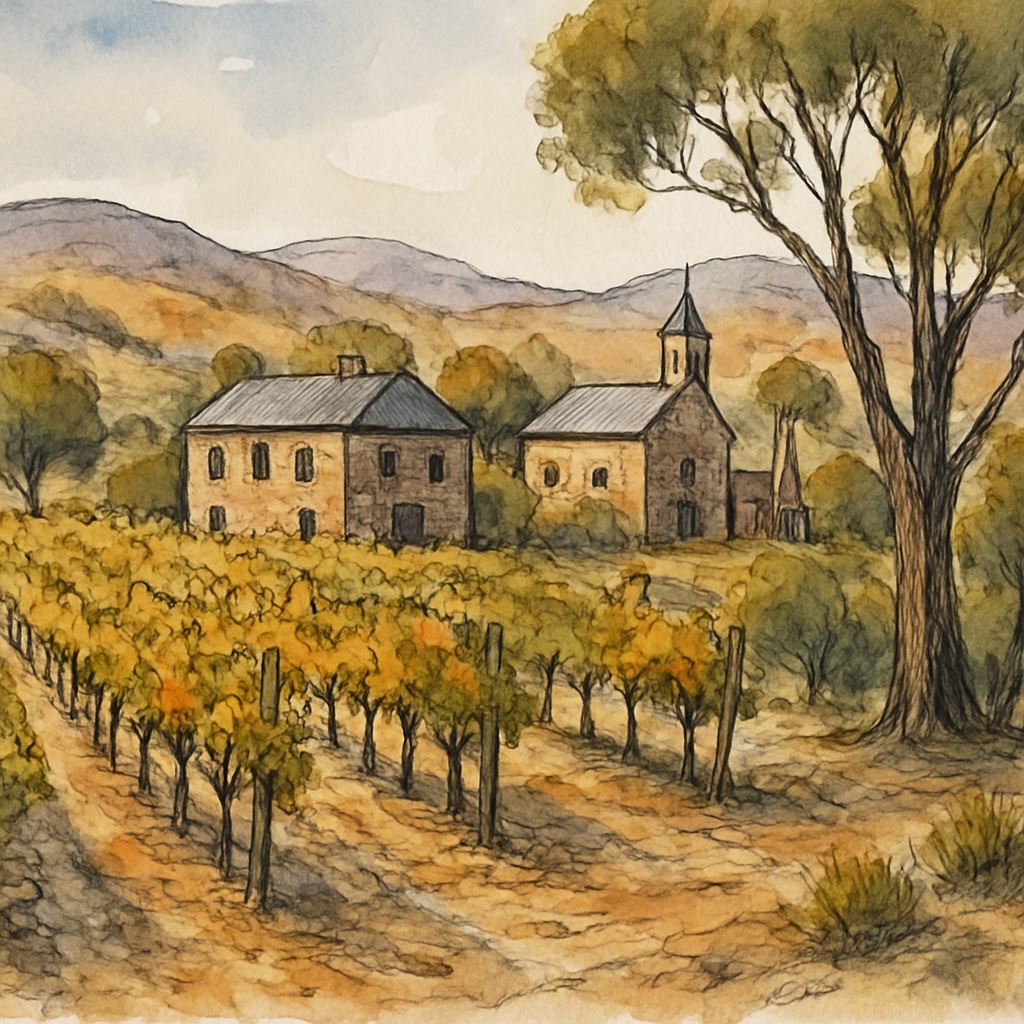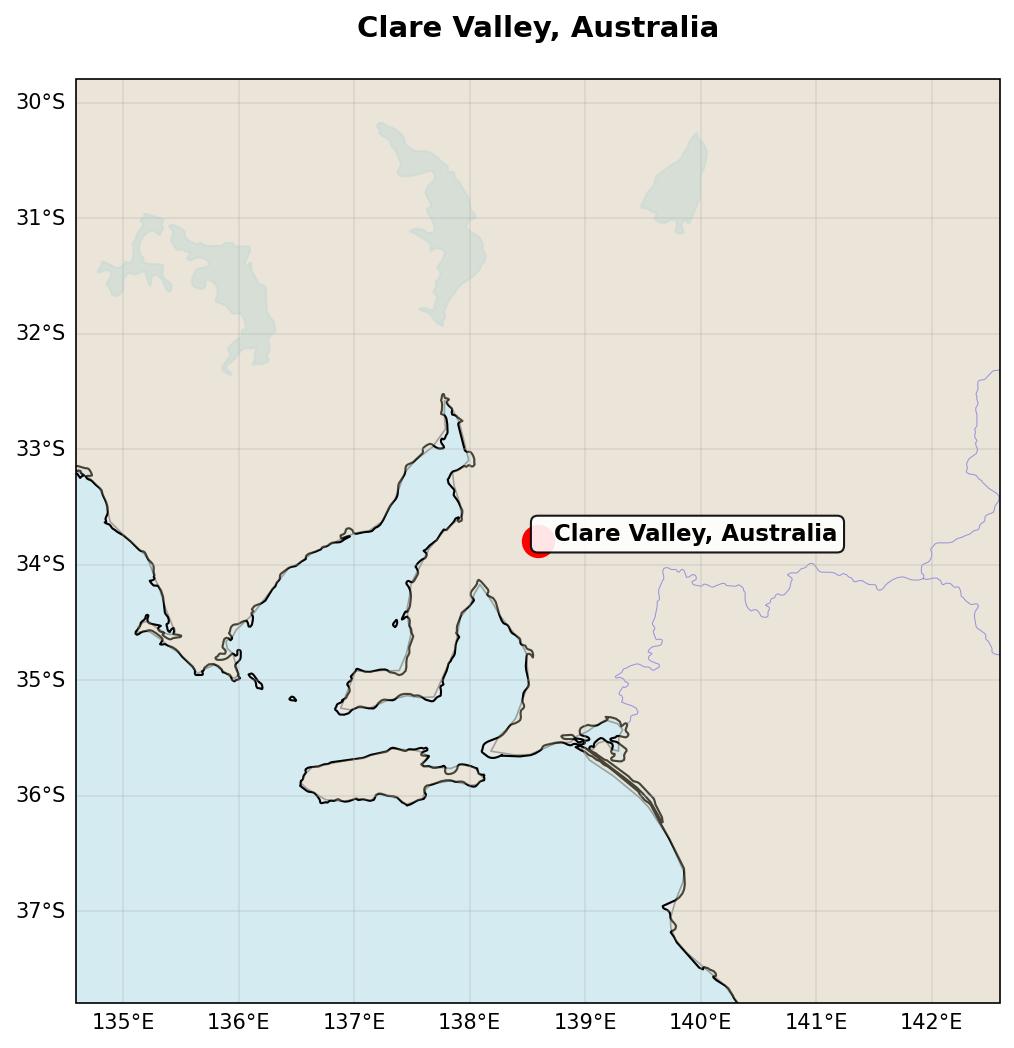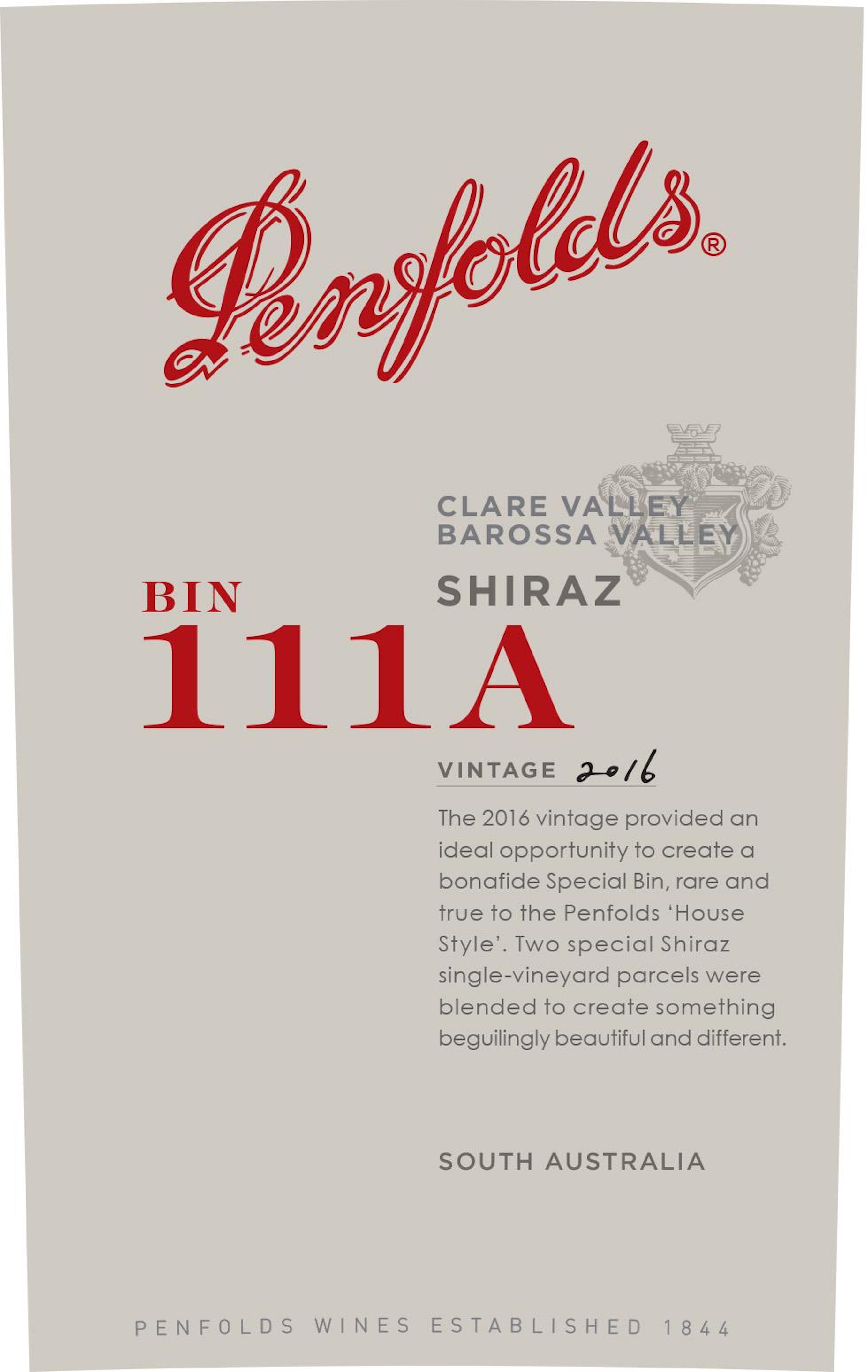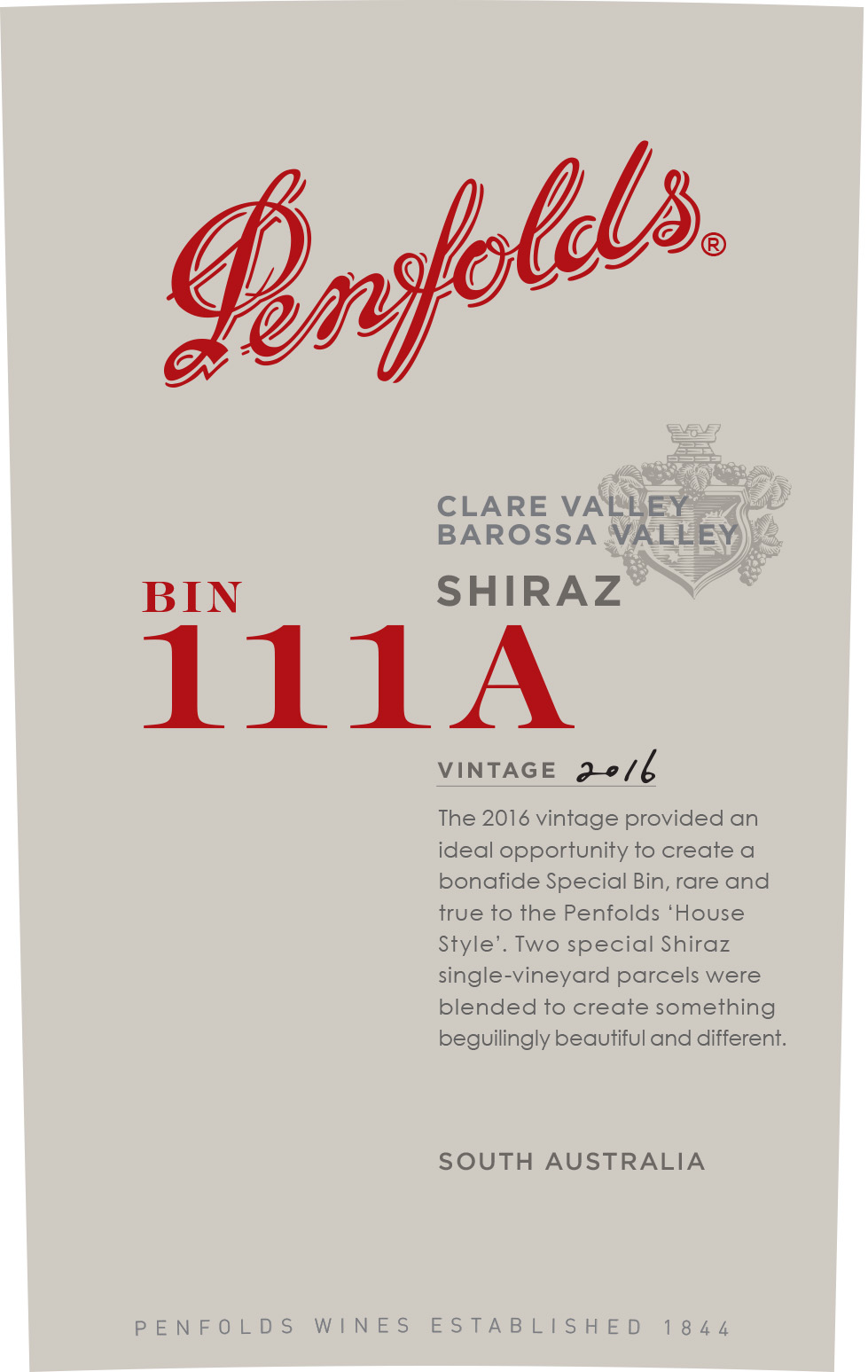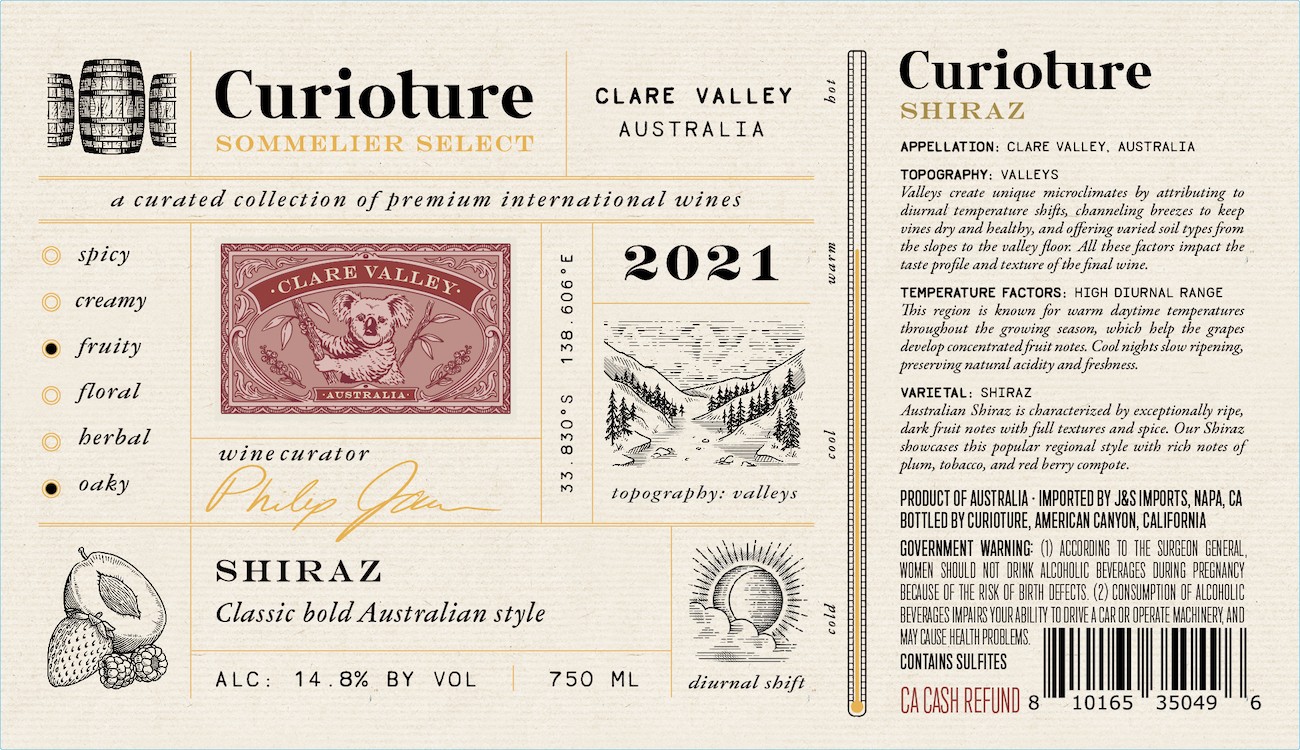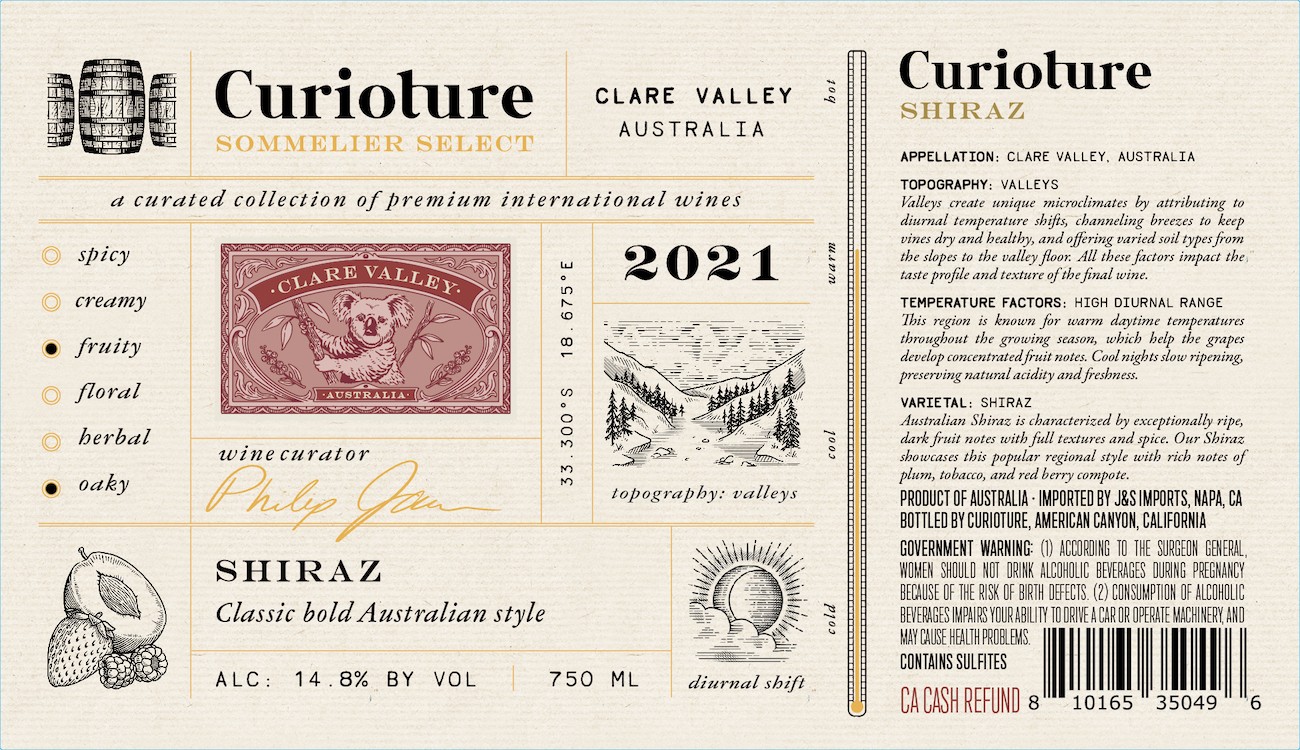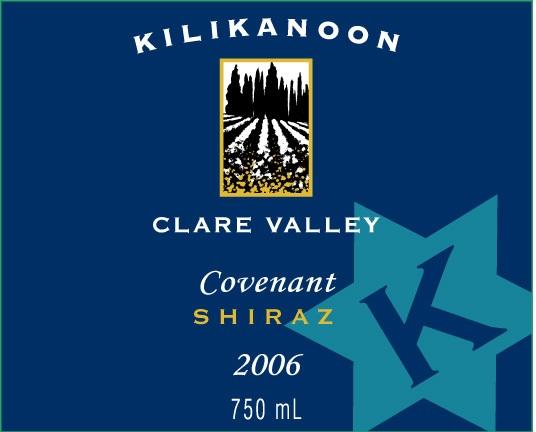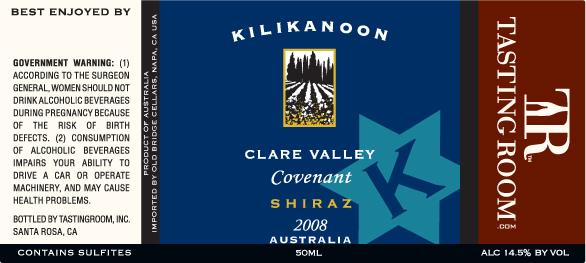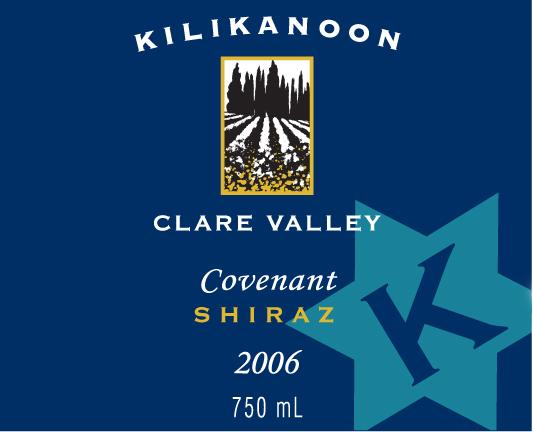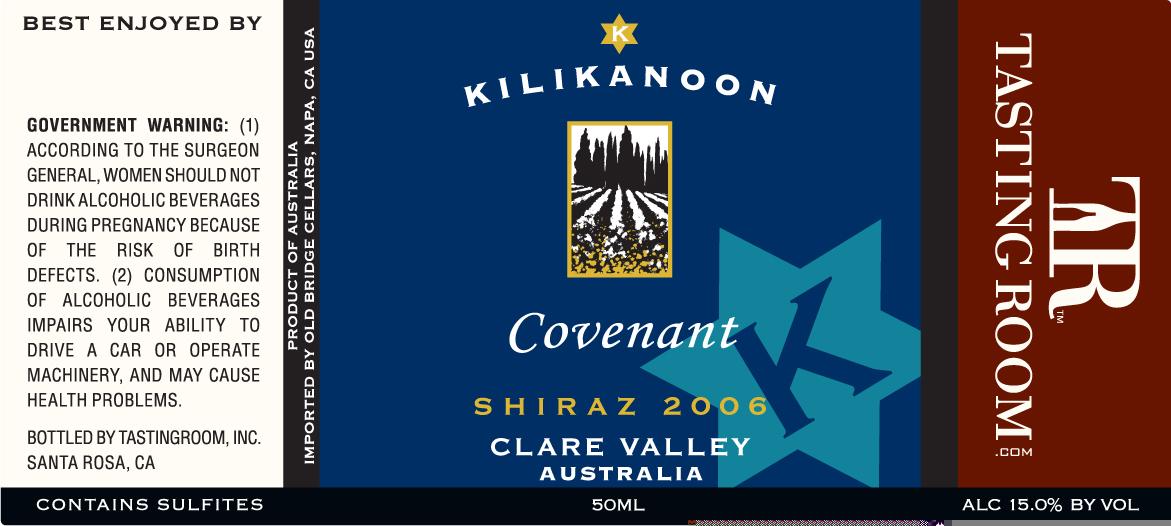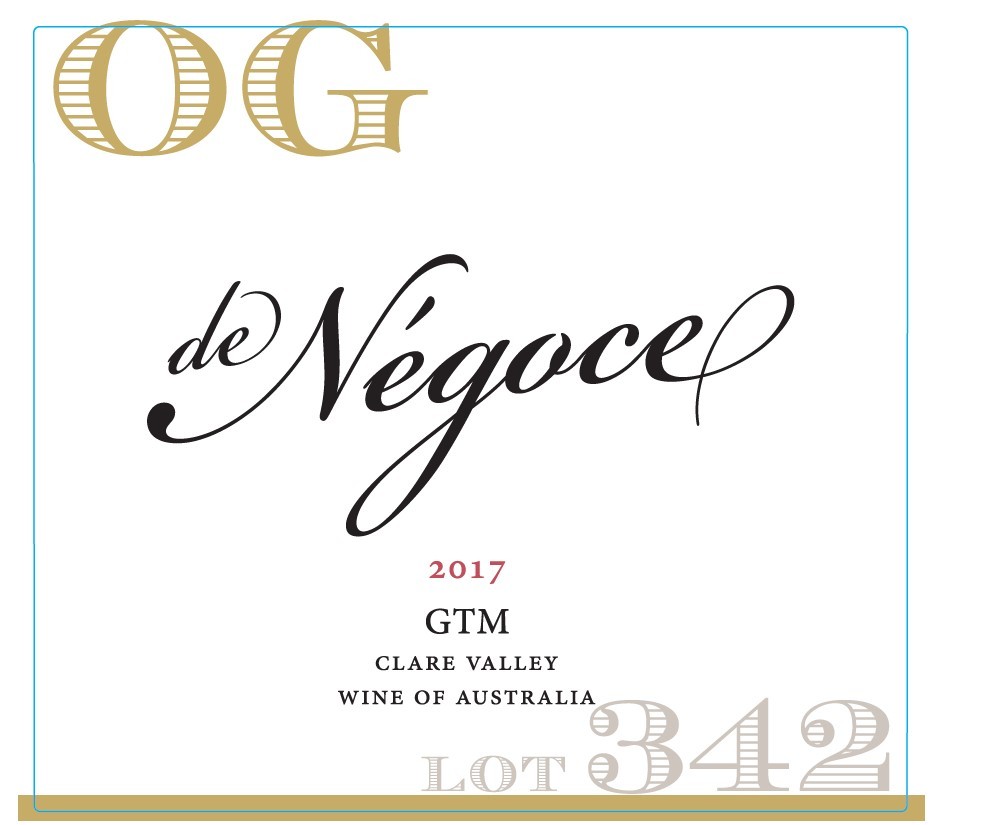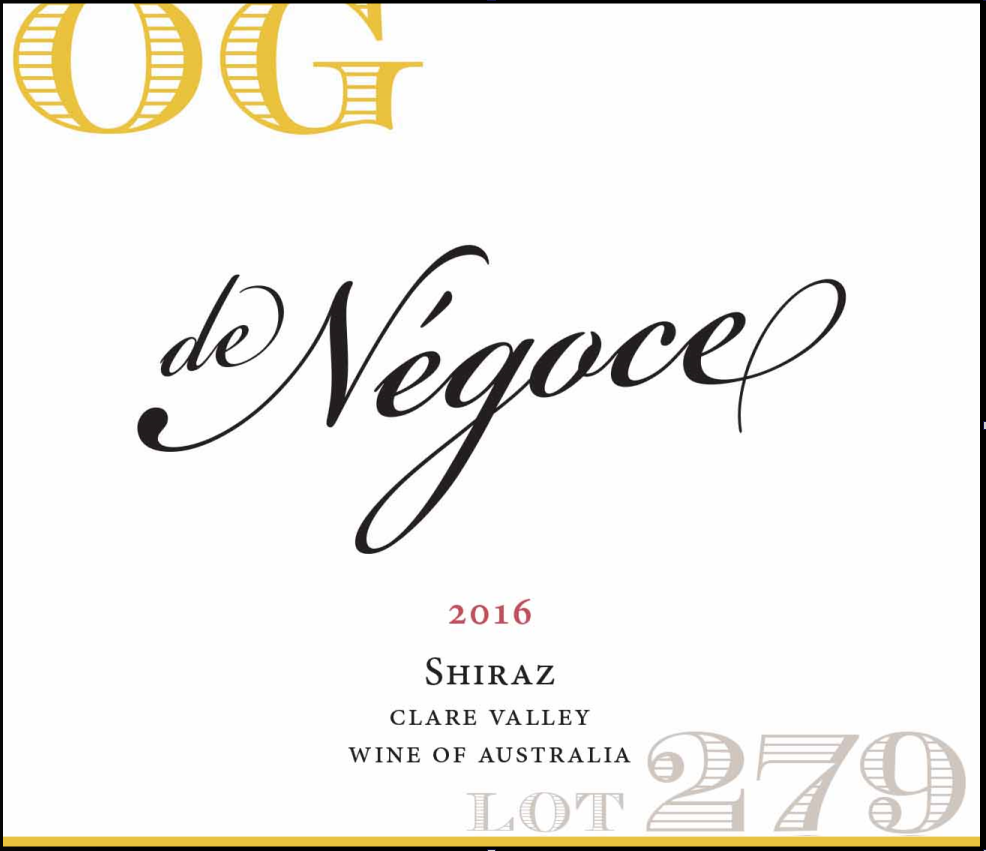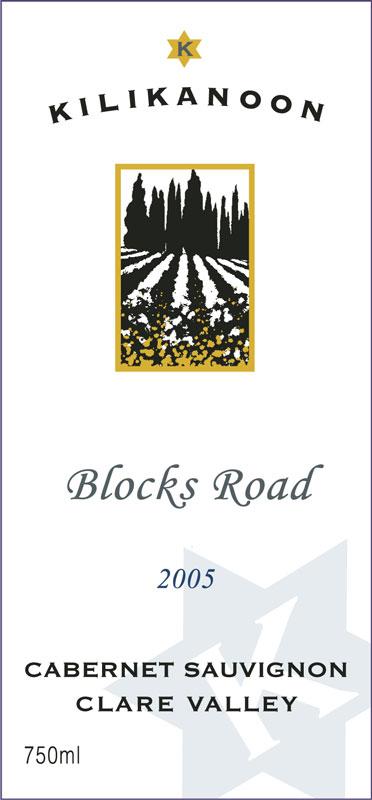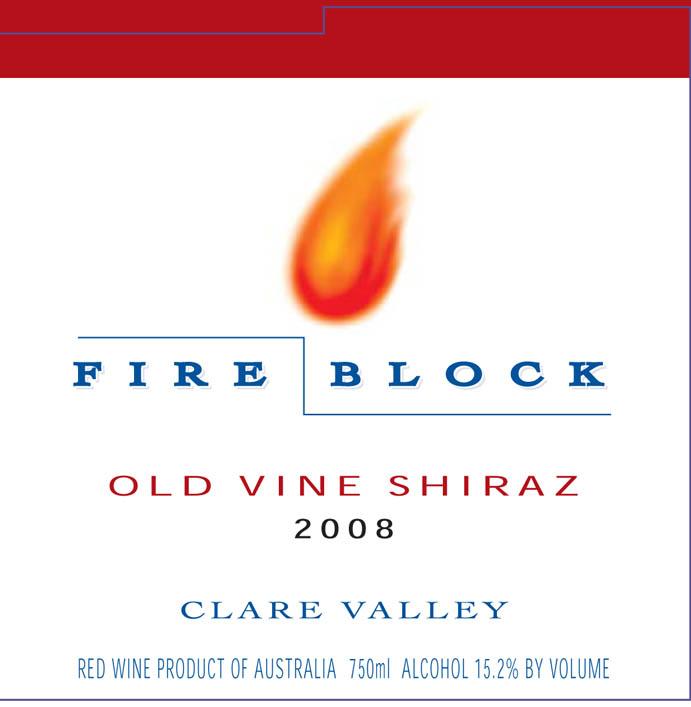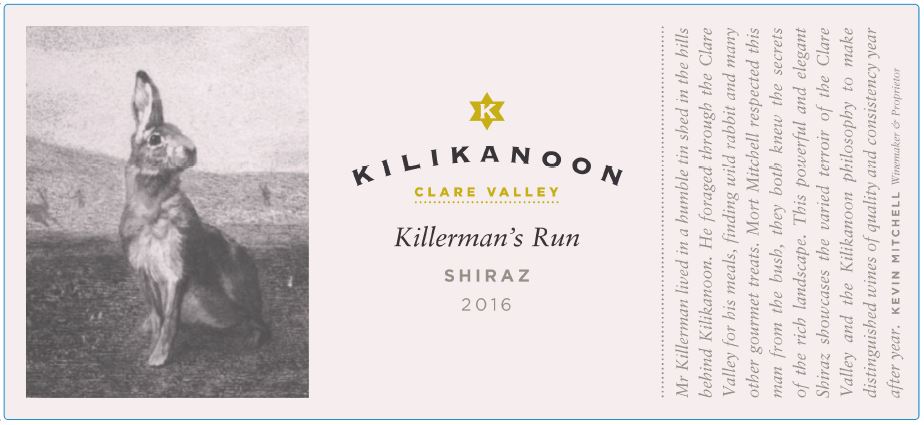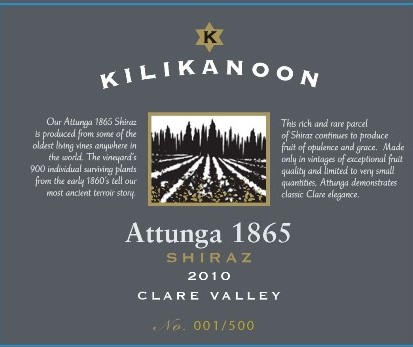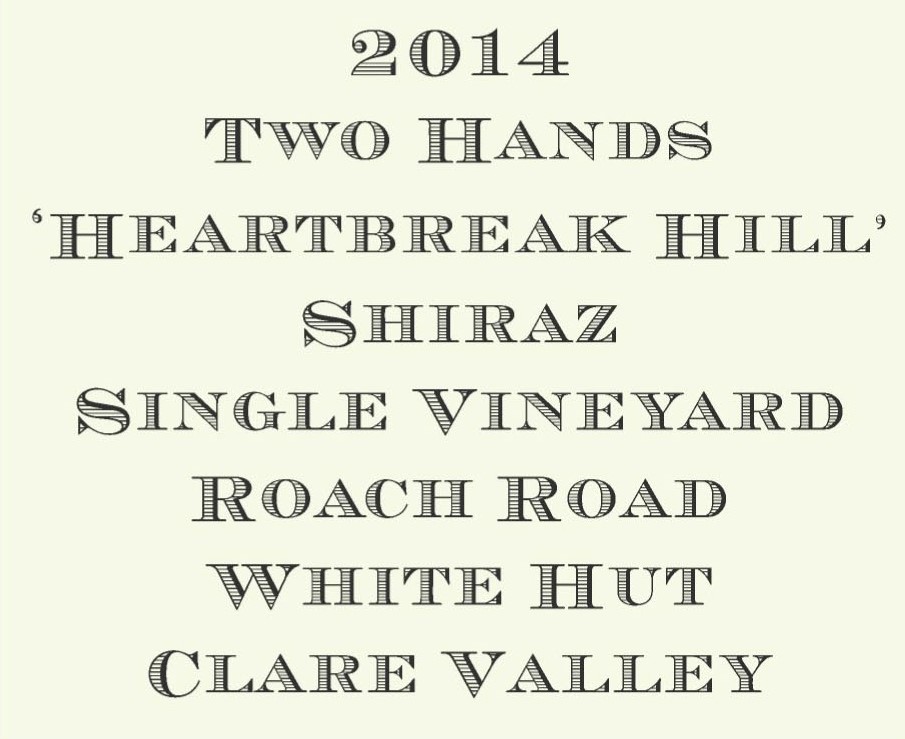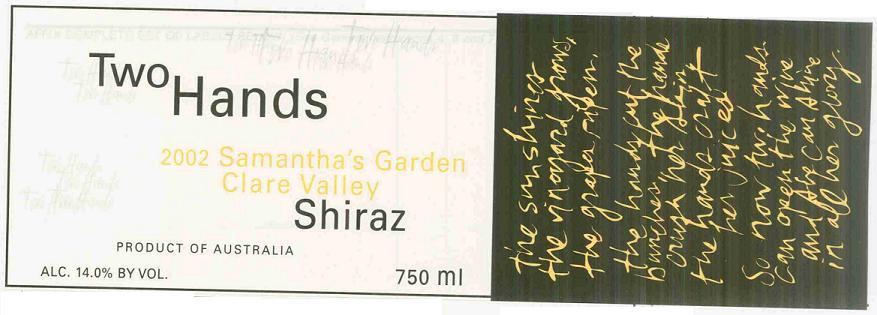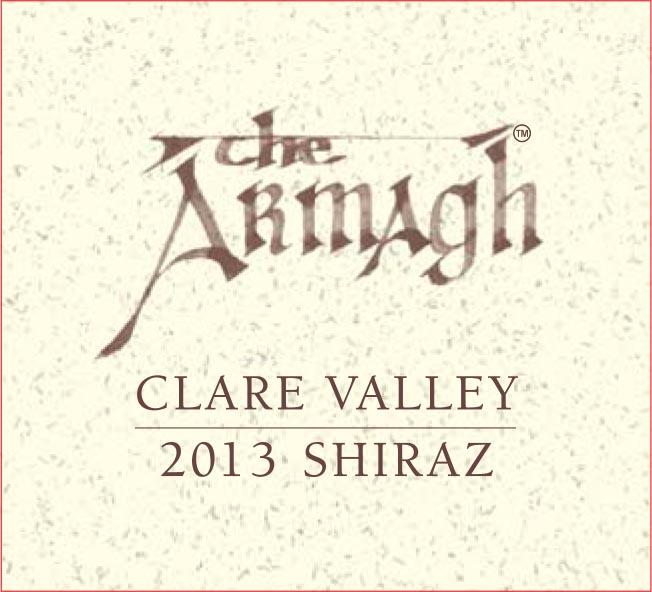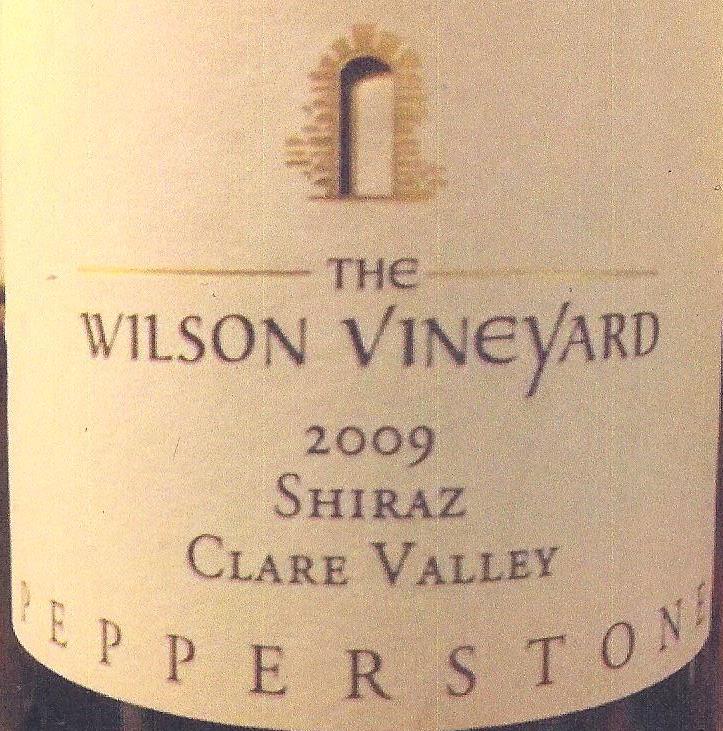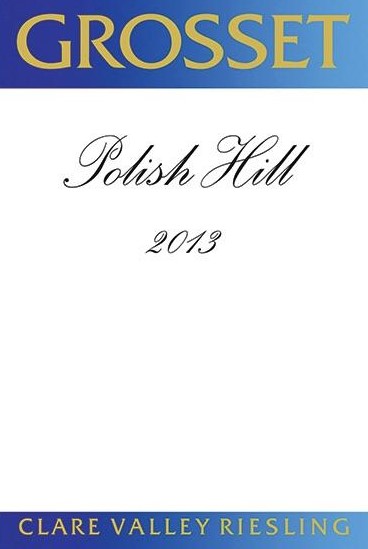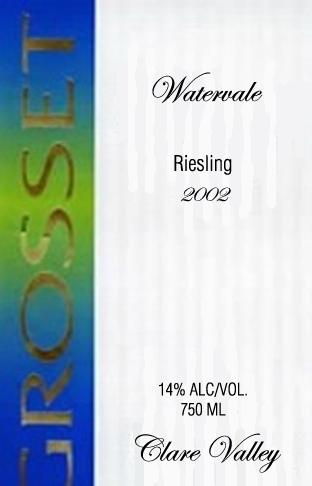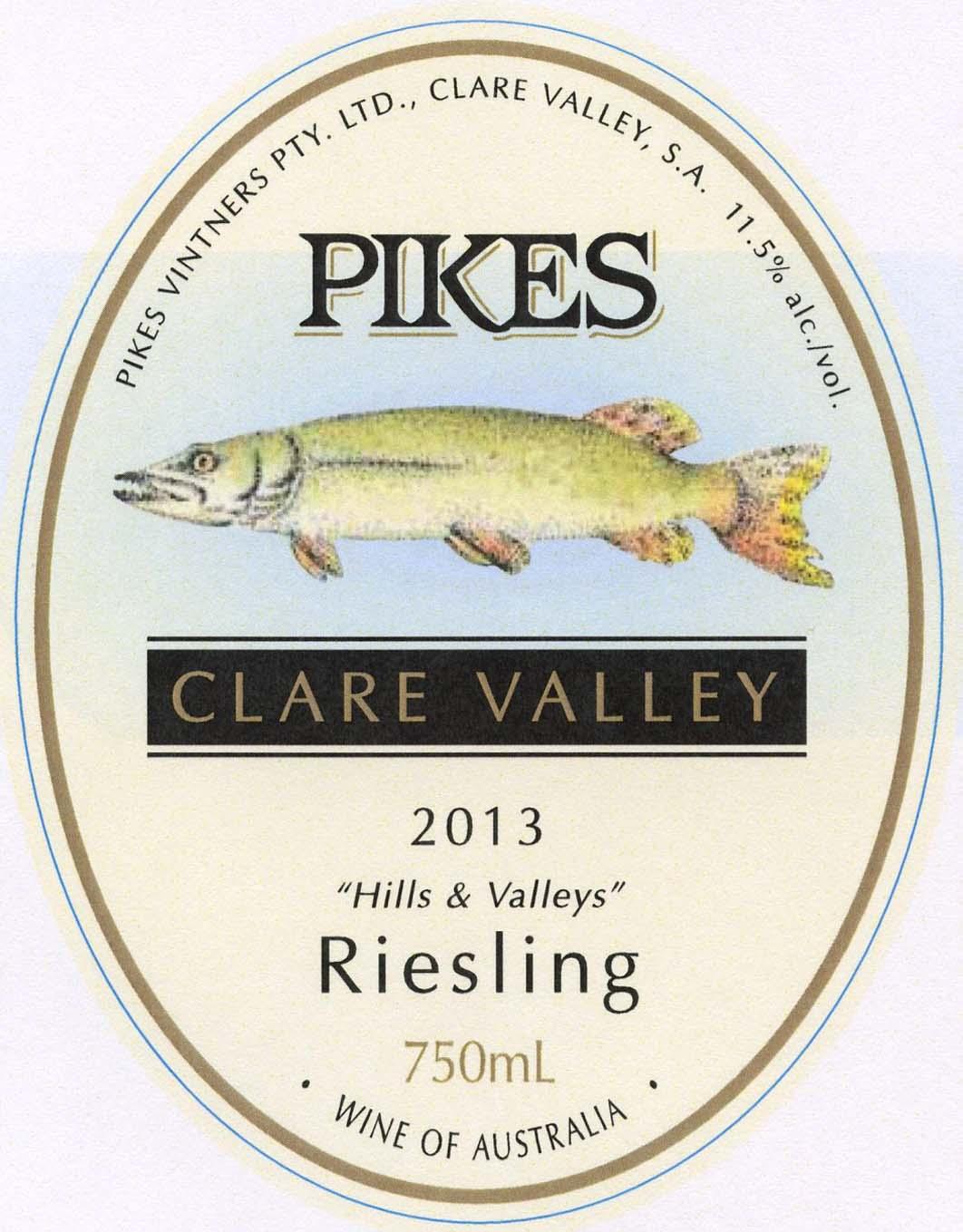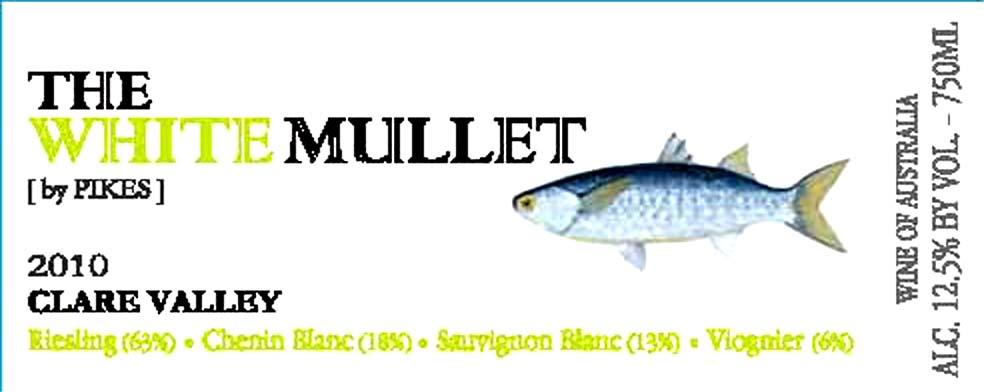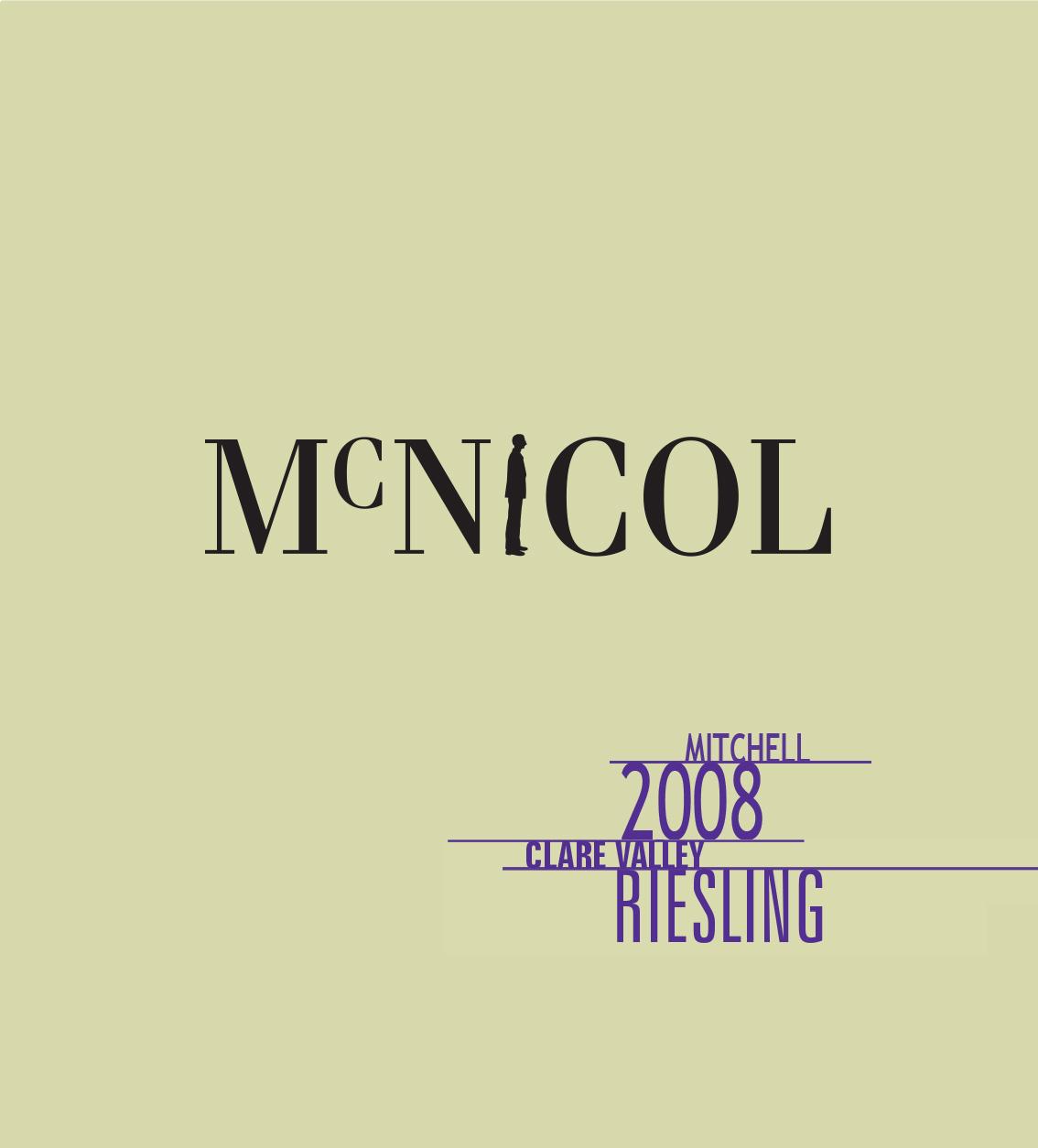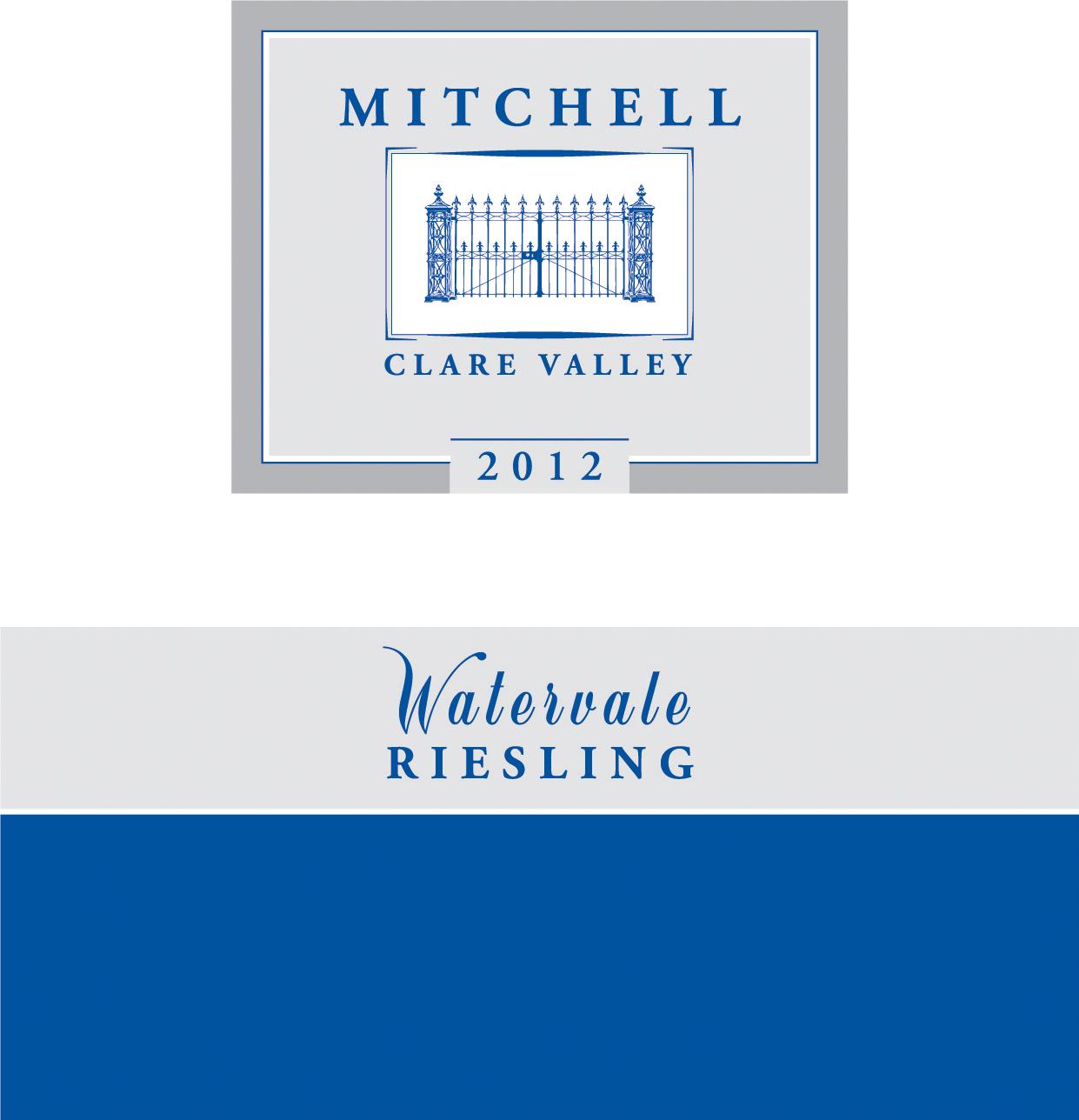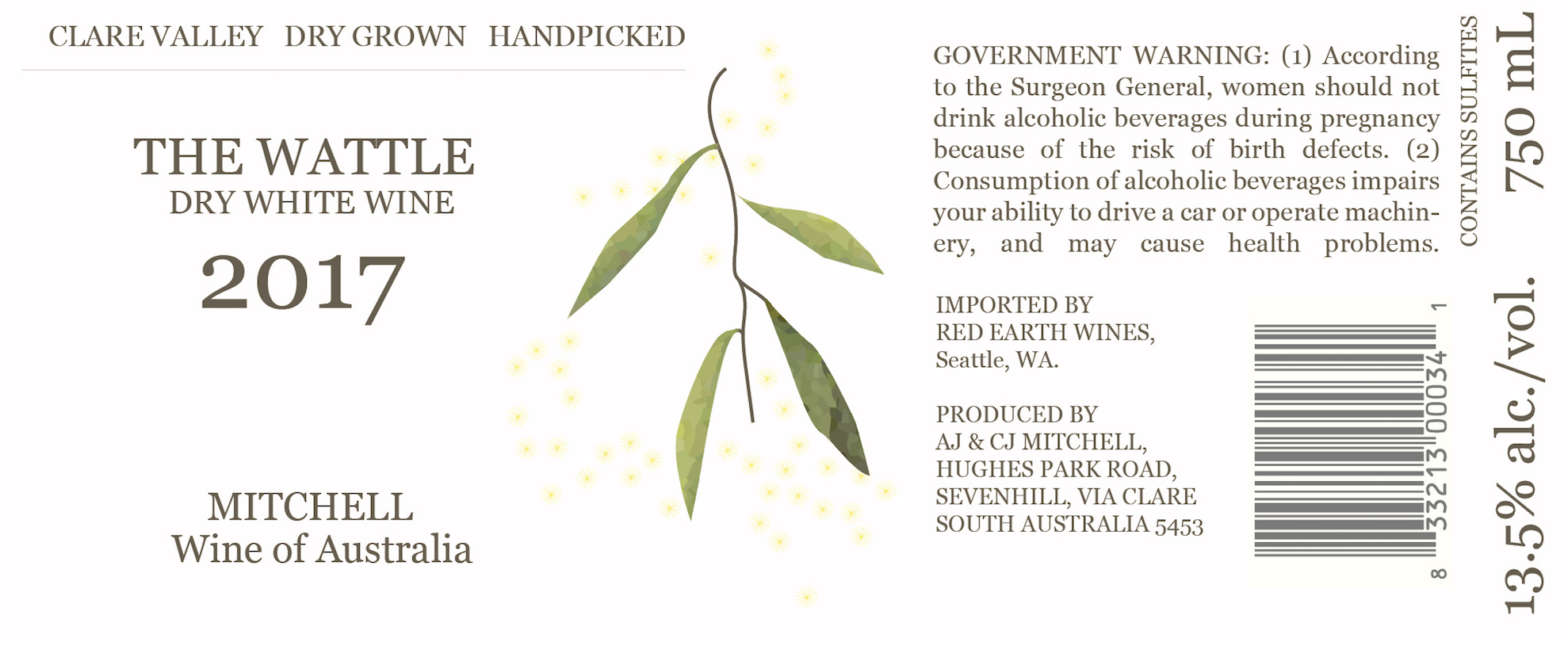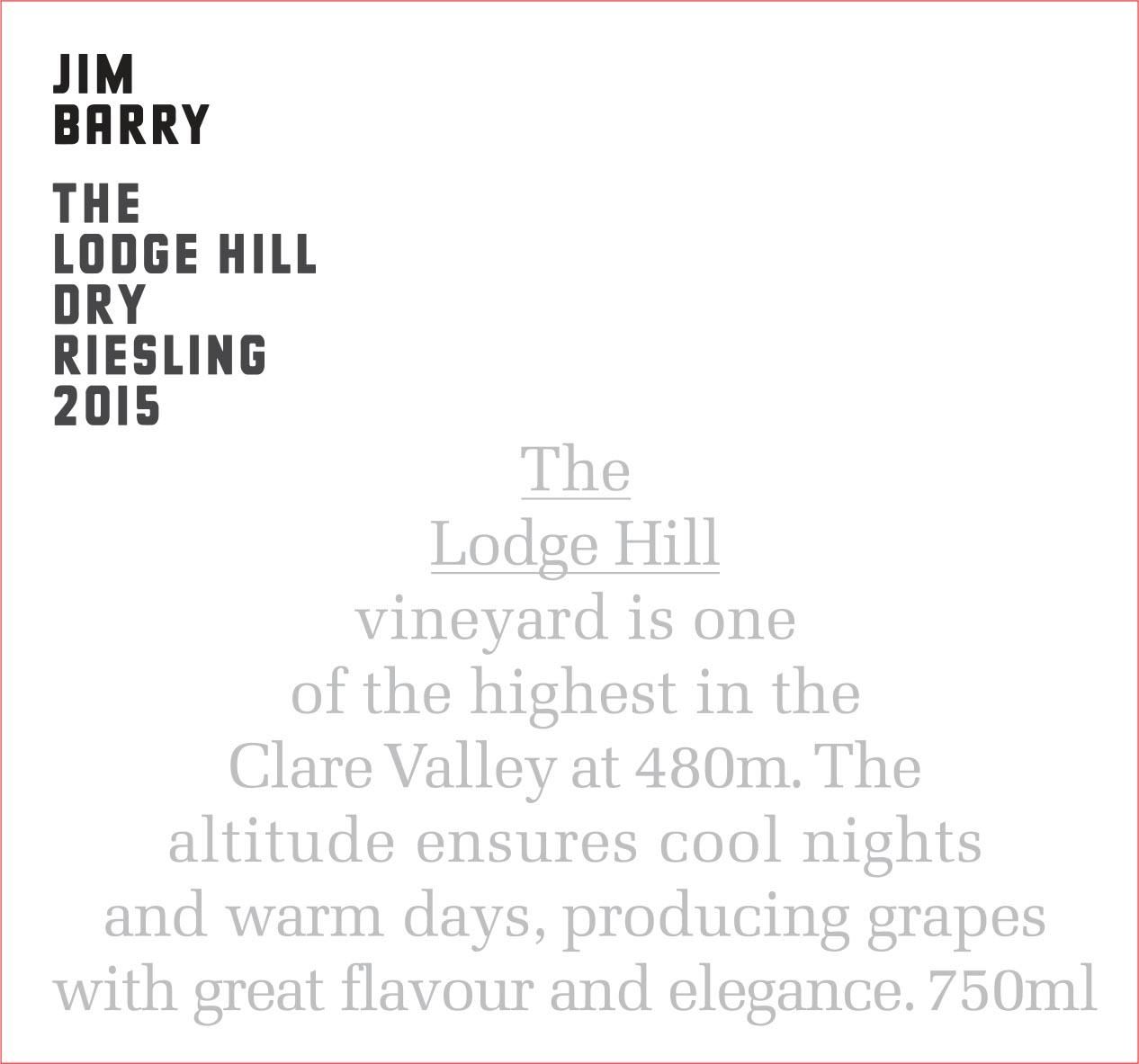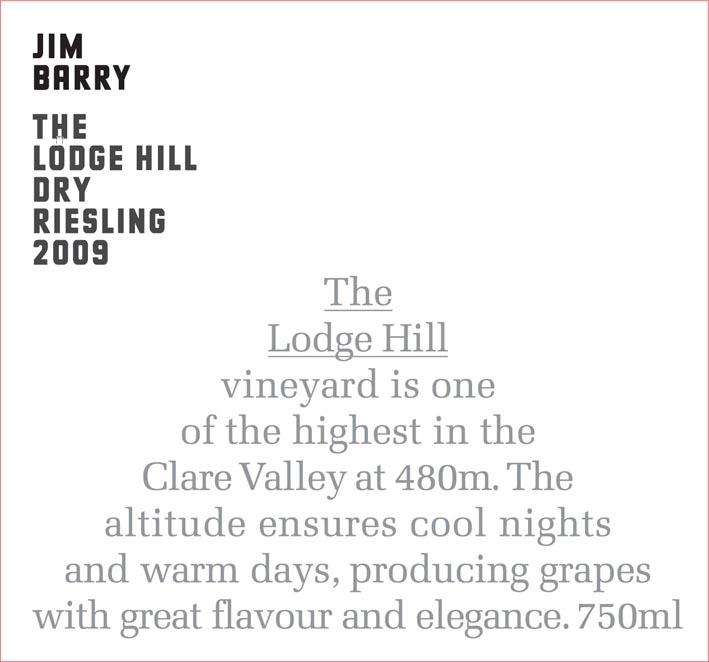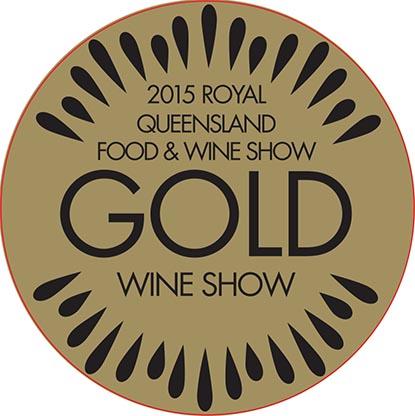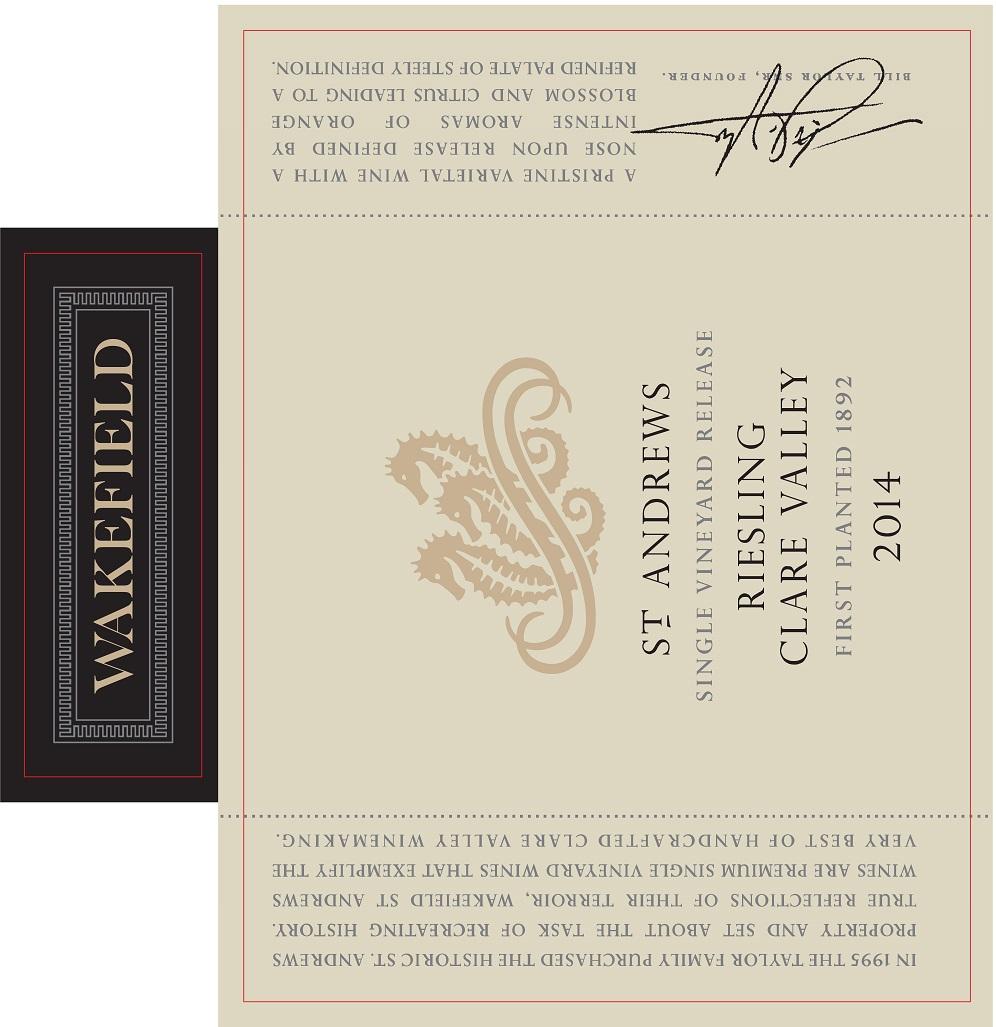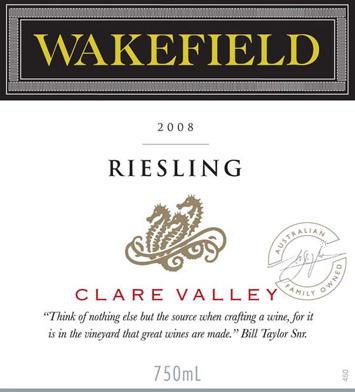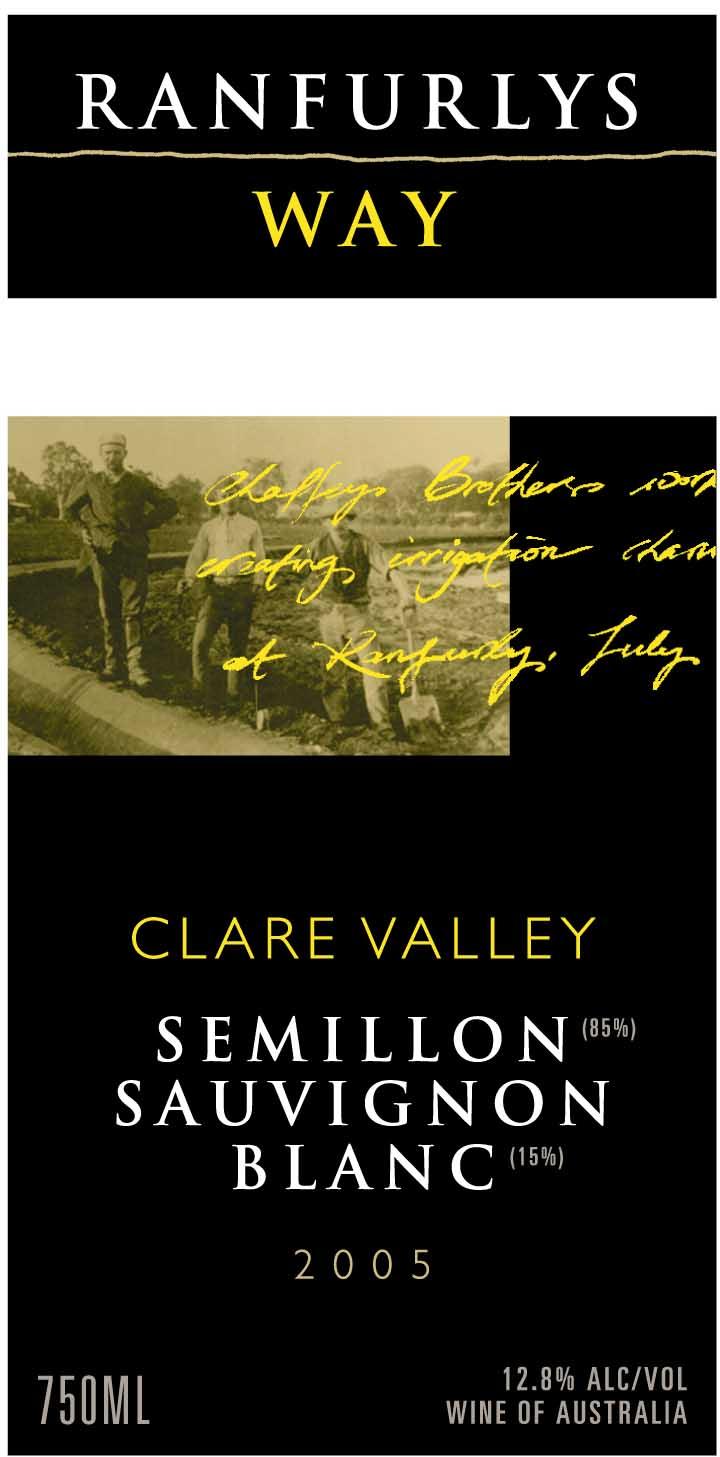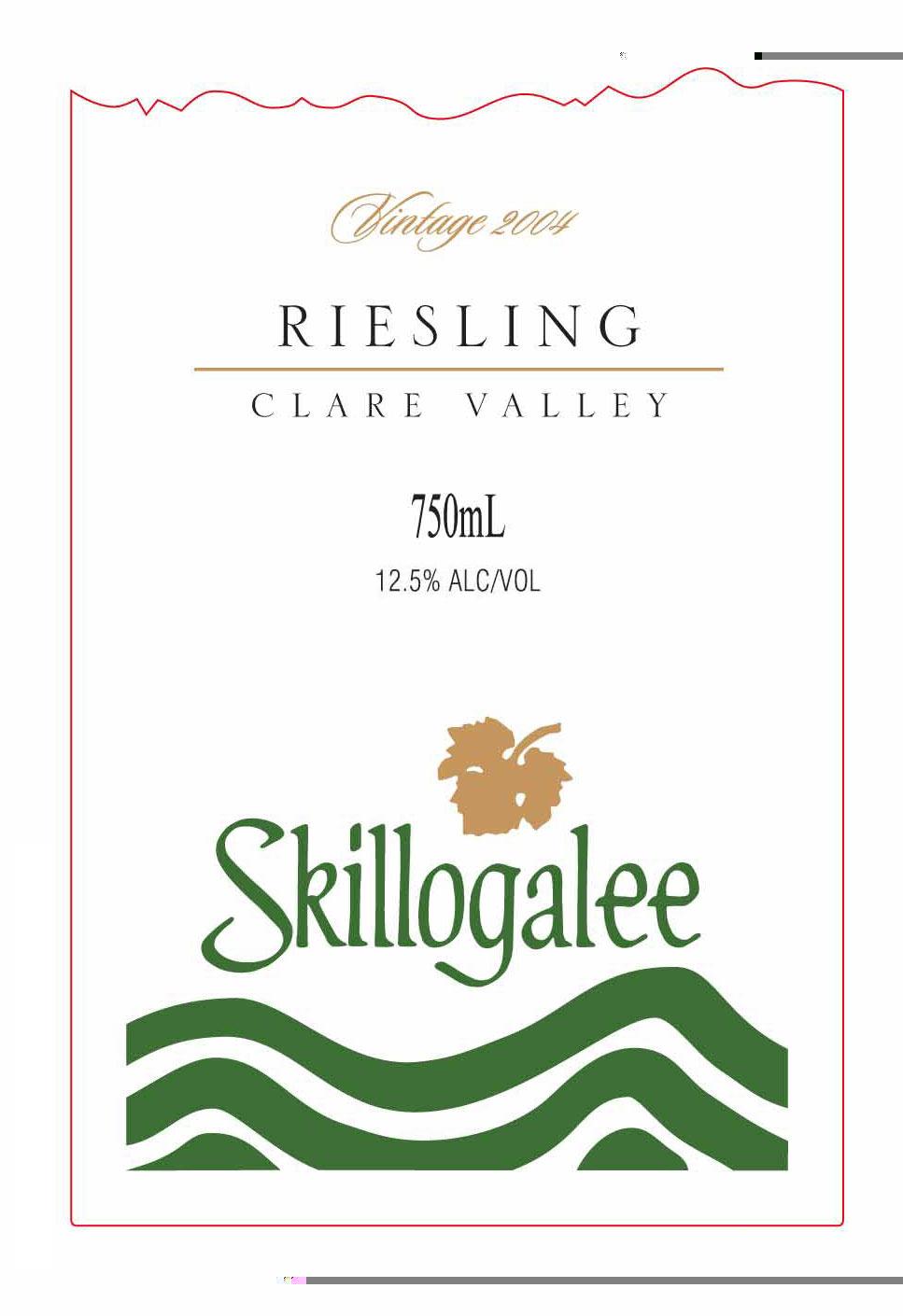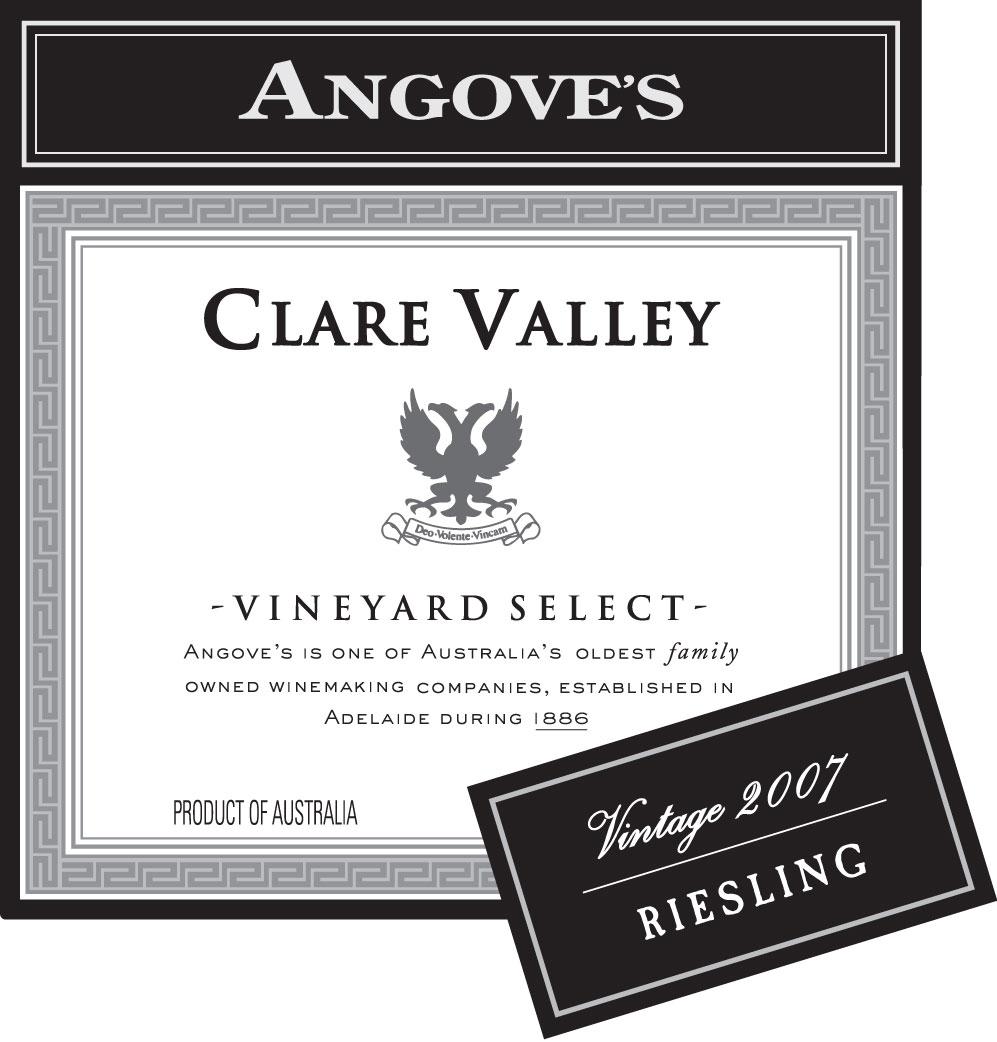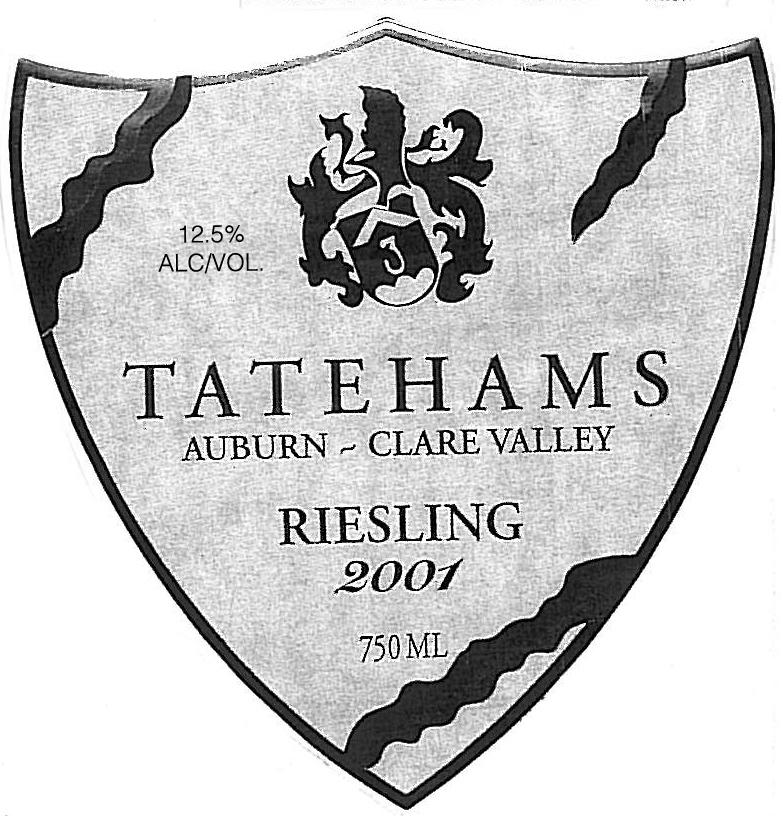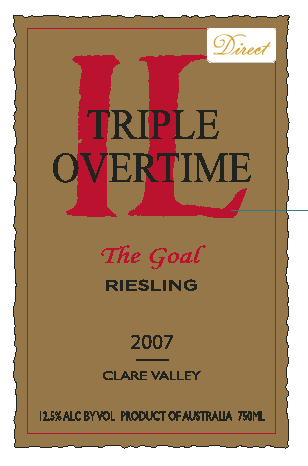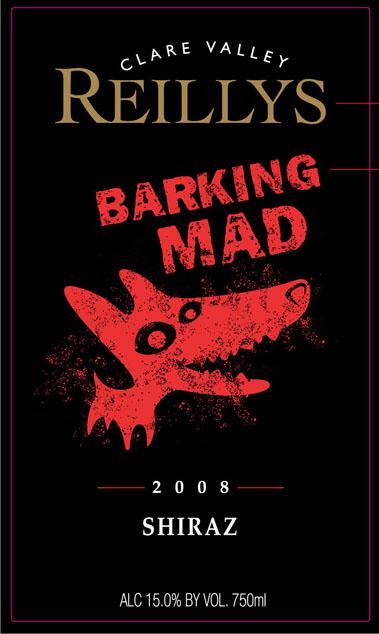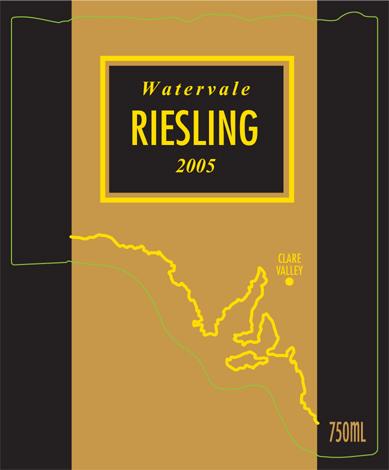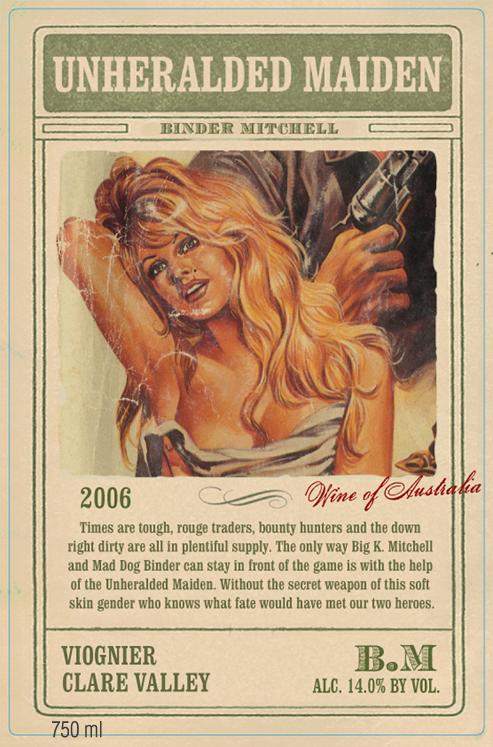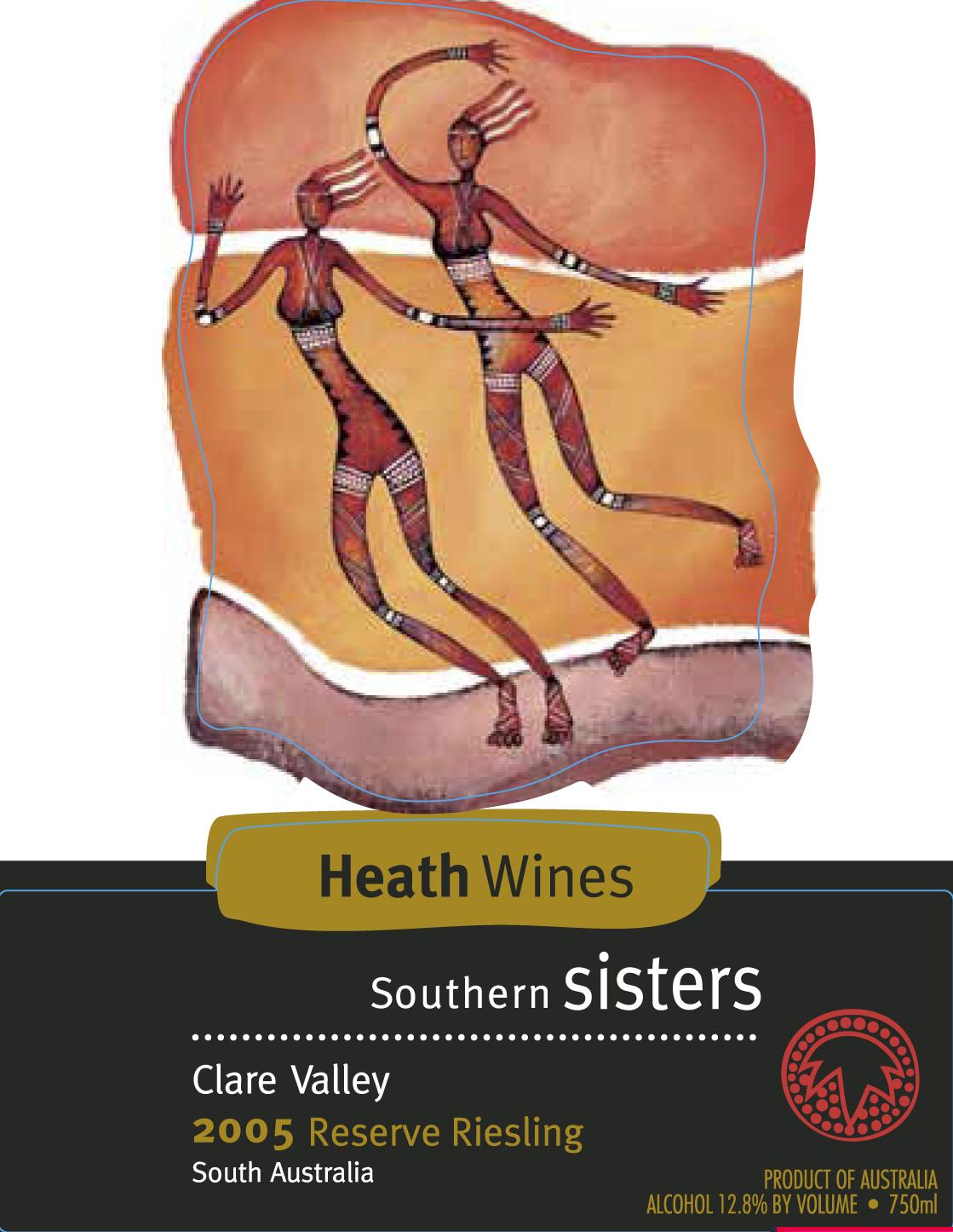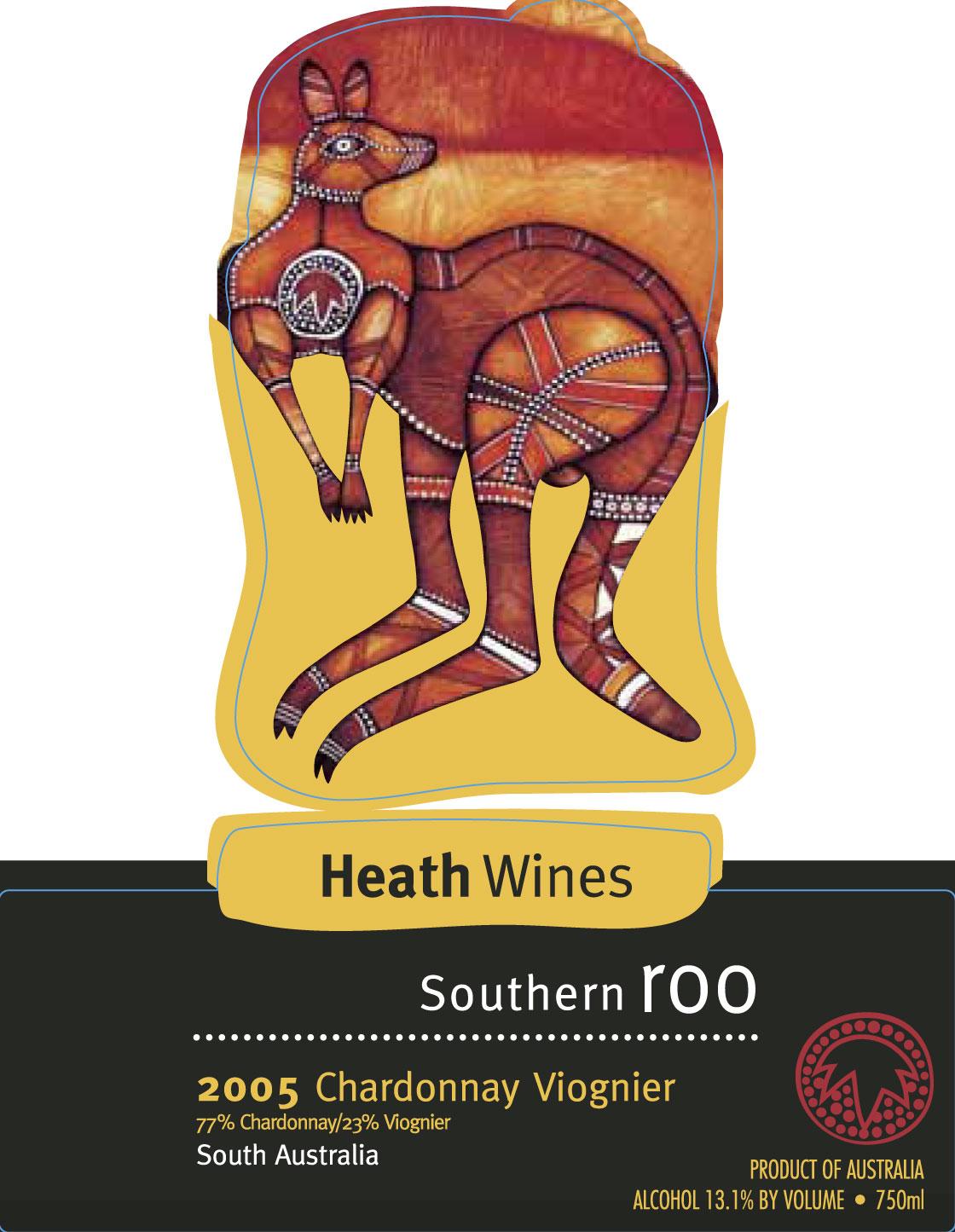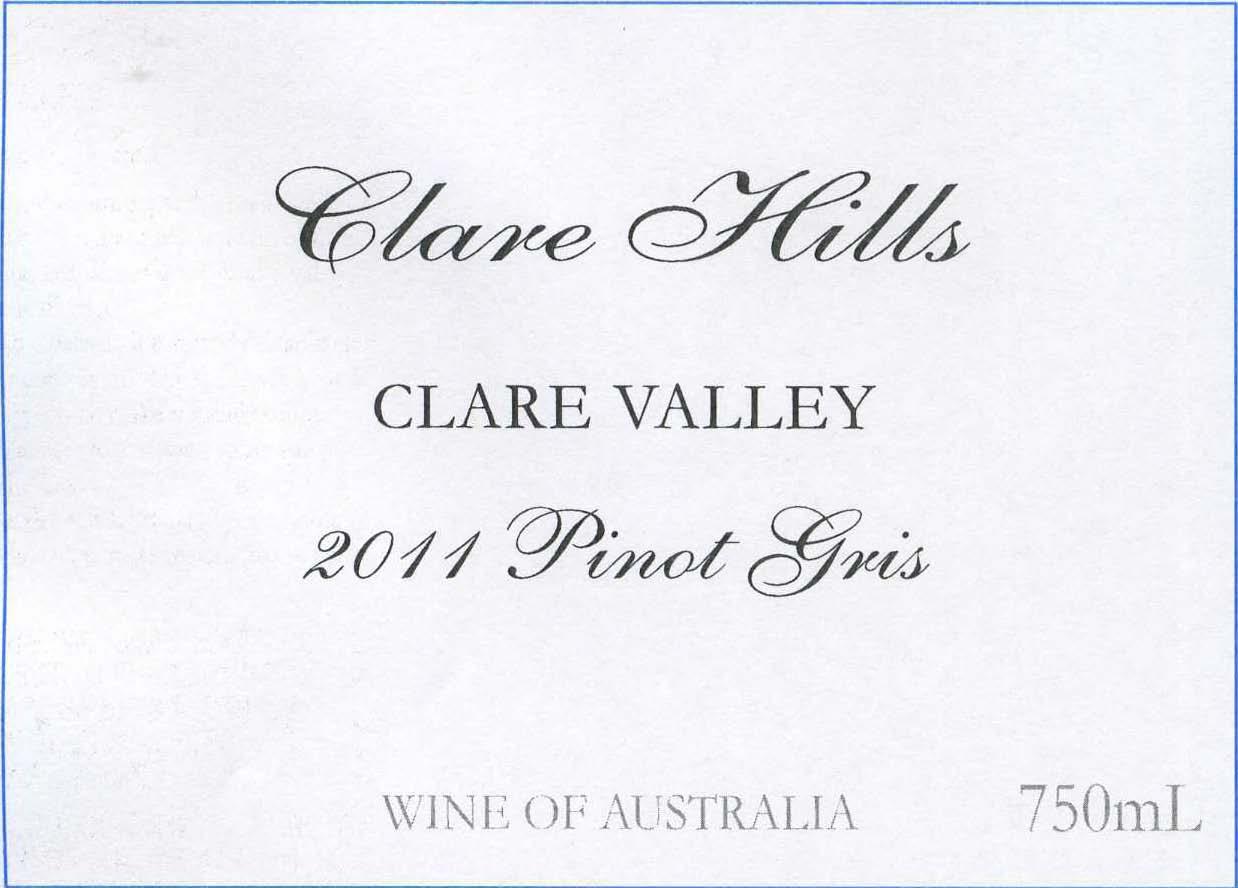Terroir of Clare Valley
Clare Valley has a warm, dry Mediterranean climate with hot summers cooled by sea breezes and big day-to-night temperature changes. These conditions help grapes ripen slowly, which is important for creating wines like Riesling and Shiraz with bright aromas and balanced acidity. Winters are cooler and get most of the rain, around 500–600 mm, while irrigation helps during the dry summer.
The region's varied geology includes red-brown soils, terra rossa, and alluvial loams, each adding unique minerals to the wines. Elevations from 200 to 600 meters affect how grapes ripen and their flavor. Vineyards on gentle slopes benefit from good air flow, reducing frost risk, and afternoon winds that cool the summer heat. Limited moisture forces vines to grow deep roots, enhancing fruit concentration and character, which is key for Clare Valley's terroir-focused wines.
Notable Wineries in Clare Valley
Clare Valley's vibrant wine scene features a captivating mix of long-standing estates and contemporary boutique wineries. Discover some highlights below:
-
Jim Barry Wines: A cornerstone since 1959, renowned for its exceptional Riesling and Shiraz, including The Florita Riesling.
-
Grosset Wines (Polish Hill): Celebrated for its distinguished single-vineyard Rieslings, notably the Polish Hill.
-
Sevenhill Cellars: Established in 1848 by Jesuits, it offers a selection of Riesling, Shiraz, and fortified wines, with historic cellars and a church.
-
Leasingham: Known for its award-winning Shiraz and Cabernet, particularly the “Classic Clare” Shiraz.
-
Kilikanoon Wines: Acclaimed for its refined Shiraz and Cabernet blends.
Wine enthusiasts can explore over 35 cellar doors, each offering unique experiences and showcasing Clare Valley's exceptional quality and craftsmanship.
Sustainable Winemaking in Clare Valley
Clare Valley is a leader in sustainable winemaking, focusing on preserving its rich terroir and environmental balance. Many vineyards practice organic or biodynamic farming, harnessing cover crops, compost, and minimal tillage to nurture soil health. Integrated pest management reduces reliance on chemical sprays, while water conservation is prioritized through drip irrigation and wastewater recycling. Solar panels and renewable energy systems are increasingly common, supported by energy and water audits to track progress. This dedication to eco-friendly practices enhances the region's boutique winemaking style, ensuring that each bottle reflects a commitment to quality and sustainability.
Wine Tourism in Clare Valley
Clare Valley offers a rich tapestry of wine tourism experiences, blending history, culture, and stunning landscapes. Visitors can traverse the Riesling Trail, a scenic 35 km journey ideal for cycling and walking, connecting them to wineries and picturesque towns.
Over 35 cellar doors welcome guests with tastings of Riesling, Shiraz, and Cabernet Sauvignon, often hosted by the winemakers themselves. Accommodations range from heritage cottages to boutique inns nestled among vineyards, enhancing the rustic charm.
The valley's rolling hills, dotted with vines and historic towns, offer a picturesque backdrop for exploration. Events like the Clare Valley Riesling Challenge and gourmet festivals further enrich the experience, celebrating local food and wine. This region stands out for its commitment to sustainability, ensuring that each visit supports environmentally friendly practices, which are crucial to maintaining its unique terroir and winemaking tradition.
